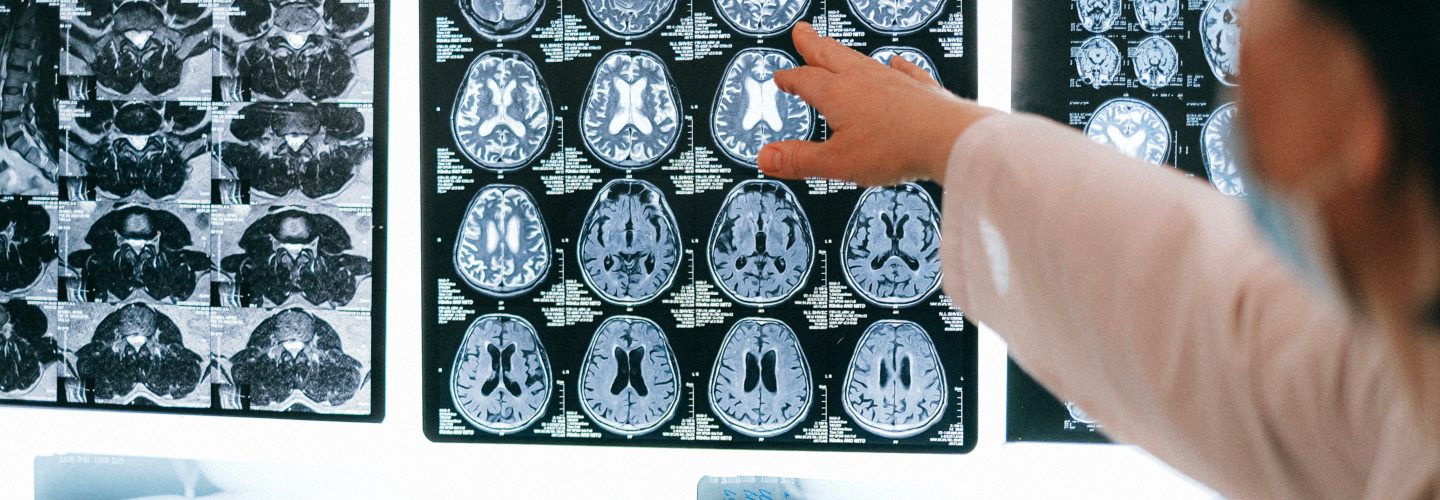Cardiff University researcher awarded the Guarantors of the Brain Fellowship
A researcher from the BRAIN Unit and Neuroscience and Mental Health Research Institute (NMHRI) at Cardiff University has been awarded the Guarantors of the Brain Fellowship.
Dr. Malik Zaben works across the Division of Psychological Medicine and Clinical Neurosciences at Cardiff University. He is a lecturer in neurosurgery with a special interest in understanding neurogenesis and neuroplasticity after traumatic brain injury (TBI). His research explores potential therapeutic approaches targeting neuroinflammatory pathways to limit brain damage after injury, and enhance repair.
The Guarantors of Brain is a charity that aims to promote teaching, education, and research in neurology and related clinical-academic disciplines and Dr. Zaben is a recipient of their Brain Clinical Post Doctorial Fellowship for 2021.
Dr. Zaben said “I am delighted to receive the Guarantors of Brain Fellowship award.
“Traumatic brain injury (TBI) causes significant mortality and morbidity globally, with many survivors suffering longstanding neurocognitive, motor, and sensory deficits that profoundly impair their ability to function independently.
“Understanding how neuroinflammation influences cortical neuronal regeneration after TBI is essential to facilitate the identification of novel therapeutic strategies to improve TBI-associated neurological deficits.”
Researchers from the BRAIN Unit and NMHRI have previously undertaken pre-clinical observations in animal models which highlighted positive steps forward in the development of pharmacological strategies to enhance brain repair after injury. However, key neuroinflammatory processes after injury remain poorly understood, particularly in the human brain.
Dr. Zaben added: “Although animal models have been useful in understanding many processes in TBI, the extent to which TBI animal models replicate the human brain’s response to injury has been questioned rendering them less useful for exploring pharmacological approaches.
“The new fellowship award will facilitate focused research on the use of adult human cortical cells.
“The important damage-associated molecule, High-Mobility Group Box 1 (HMGB1), impacts stem cells’ fate. HMGB1 works via toll receptor subtype 4 (TLR4) and the receptor for advanced glycation end-products (RAGE) to initiate neuroinflammation in many brain pathologies. I will examine the HMGB1-TLR4-RAGE pathway in human cortical inflammation and neuronal regeneration after injury, examining internal nervous system stem cell capacity to repair the injured human brain.
I’d like to thank the Guarantors of the Brain for this fellowship and look forward to undertaking further lab-based research over the next year, made possible by this award.”
Read more about Malik’s ongoing research into traumatic brain injury here.




